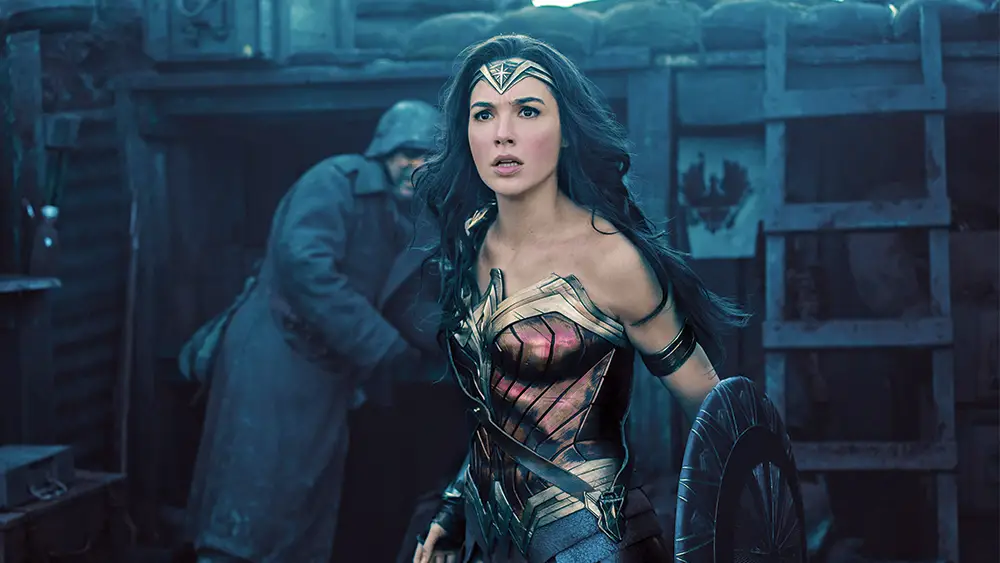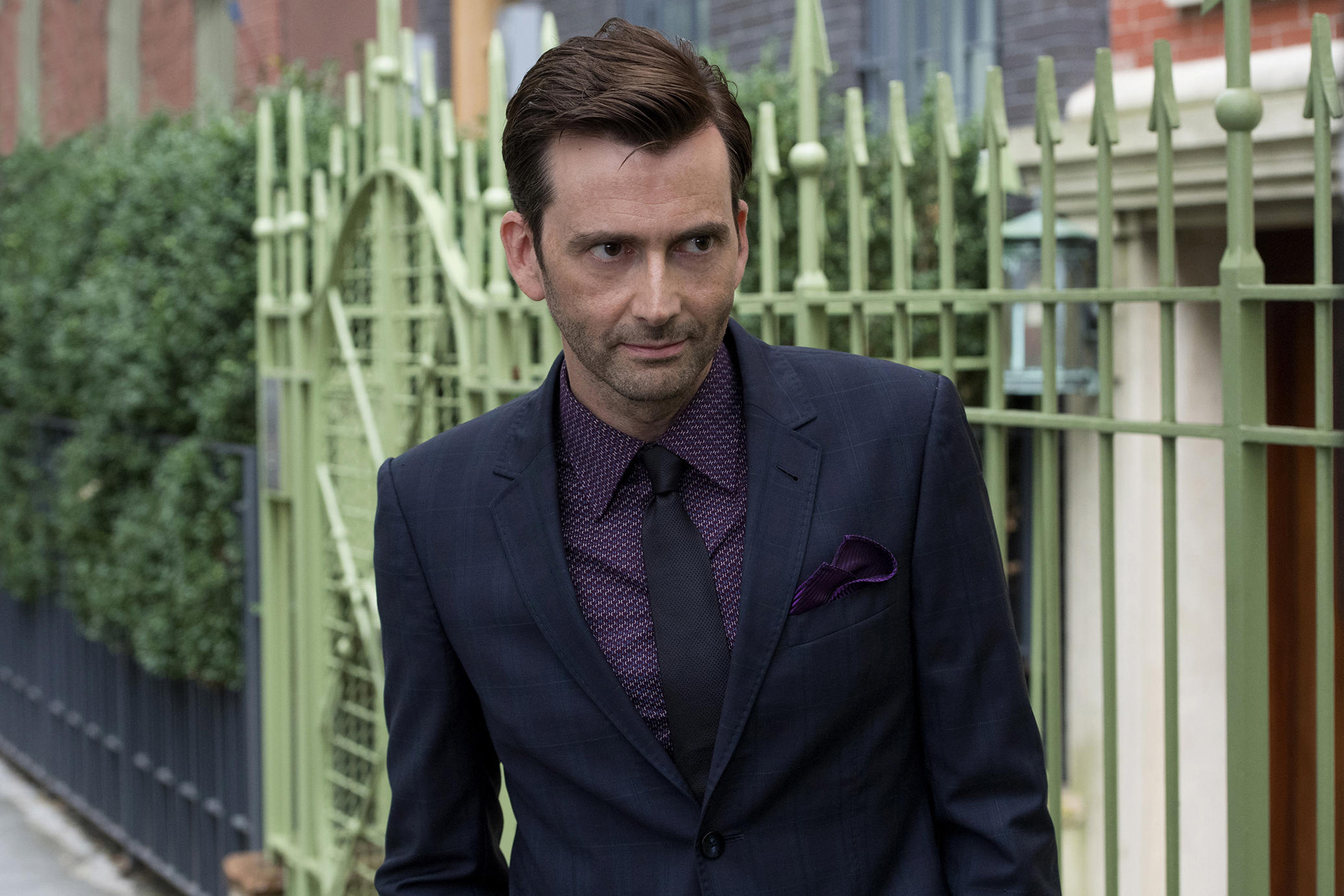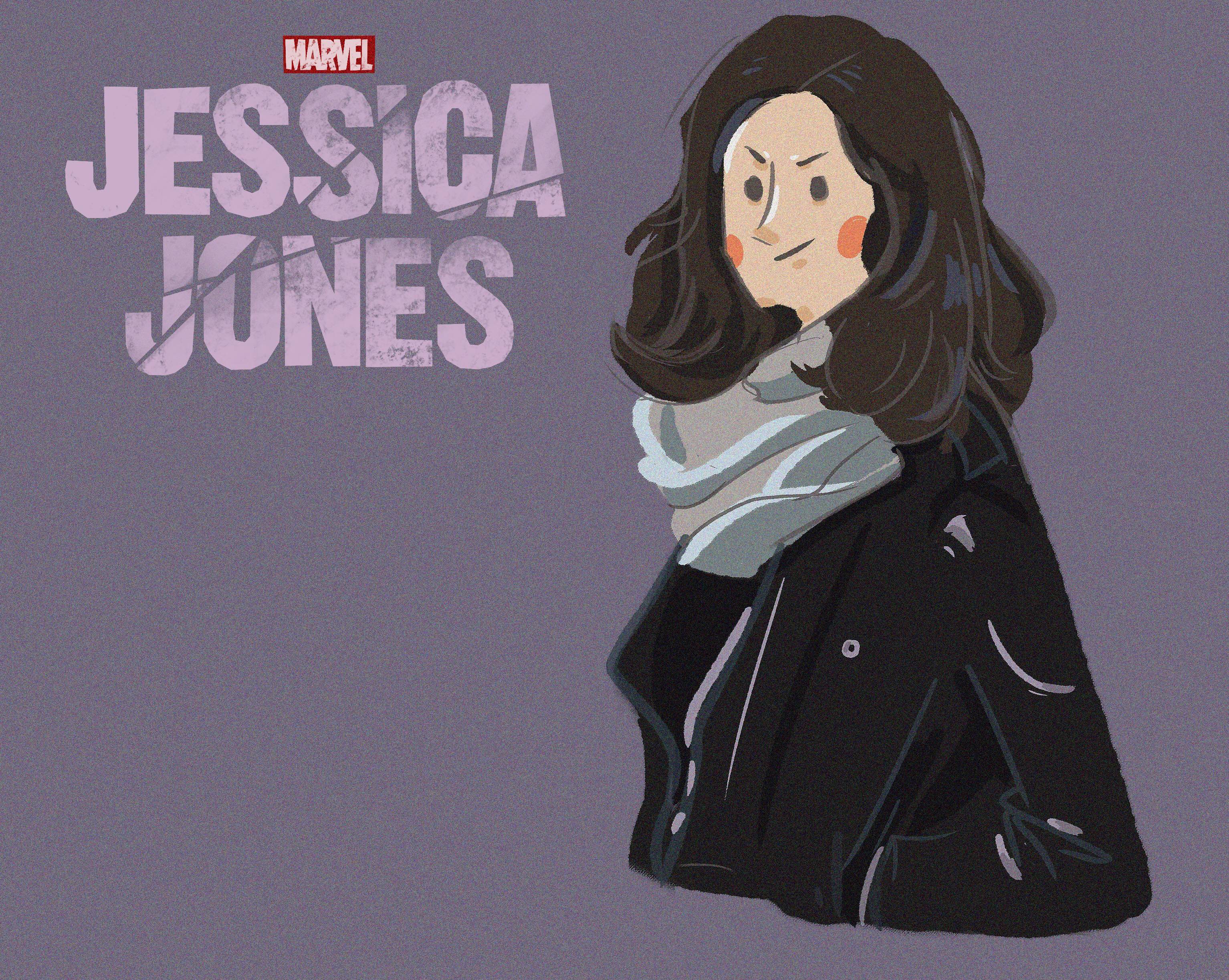“Jessica Jones,” a Netflix Marvel series first released in 2015, differs from many of the more conventional superhero series in a number of ways. These differences, far from marring the show, have helped distinguish it within the saturated universe of the superhero genre.
By identifying and then replicating what has made “Jessica Jones” such a standout success, Marvel stands to improve its movie offerings across the board.
So, here are five lessons that Marvel can learn from “Jessica Jones” to improve its movies.
1. A female lead as a superhero works, believe it or not.
A lot can be said about Marvel’s reluctance to produce a superhero movie with a female lead. It’s already been 10 years and still no dice. Black Widow has waited years for big-screen movie consideration, and now that she has it, it feels like too little, too late on Marvel’s part.
Following DC’s overwhelming success with “Wonder Woman,” suddenly Marvel began to feel the repercussions of only churning out male superheroes. A Captain Marvel played by a woman is finally coming to the big screen, but why has Marvel waited this long to release its female-led features? Also, what do they need to know before they set foot in uncharted “female-lead” waters?

“Jessica Jones” can provide the studio with plenty of feedback from fans about the boons of letting a female lead steal the show. As an unorthodox protagonist with a foul mouth and a tragic past, Jessica Jones, played by Krysten Ritter, demands your attention from the start. She is neither the traditional woman nor the traditional superhero, and Marvel should take note of that.
A part of what draws fans to Jones’ character is how she upends female and superhero stereotypes. For one thing, her gift is superhuman strength, a very masculine superpower.
She also never wanted to be a hero and hates her powers. Unlike Iron Man, whose personal and superhero identites are thoroughly enmeshed, she likes to keep her abilities under wraps if she can help it; she isn’t the “hero” type, but she does have an affinity for helping people in her own way.
Eschewing a suit or iconic weaponry, her dress code consists of just a leather jacket, t-shirt, jeans and some combat boots. She is at the head of her own private eye firm, called Alias Investigations. She has a sailor’s mouth and a cupboard full of scotch. The list goes on and on.
The moral of the story is that female superheroes can be interesting. The sooner Marvel realizes this and knows what works, the better off they’ll be.
2. Heroes aren’t perfect.
Not all superheroes have as clear-cut of a moral code as Captain America. Jones, for instance, has a foul mouth, a sarcastic attitude, alcoholic tendencies and poor people skills. Plus, her superhuman abilities can’t even really go toe-to-toe with Thor or the Hulk.
Let’s break it down. First, she has a foul mouth and a sarcastic attitude. Every other word that comes out of Jones’ mouth rhymes with duck, bell, lit, rich and lamb. She swears like a sailor and it’s oddly endearing. Her sarcasm is dry and morbid and delivered in a monotone with a dead look in her eyes. Surprisingly enough, that’s a part of her charm.
Second, Jones is arguably an alcoholic. Her powers make it hard for her to get drunk, so the amount of alcohol she drinks is unreal. She is the type of person to drink alcohol breakfast, lunch and dinner. Of course, her tragic past and PTSD trauma account for most of her drinking problem. She isn’t drinking for fun by any means, so it’s hardly a heroic act, but it does make her undeniably human.
Third, Jones’ people skills are atrocious. Her foul mouth and brute sarcasm stay intact during most conversations, whether she is with a family member, friend or stranger. She is not afraid to tell you what she thinks, even if it hurts. She hardly lets anyone into her inner circle because she doesn’t trust people and dislikes them. Only a select, brave few know her softer, more caring side, and even that is rough around the edges.
Most importantly, Jessica Jones is not invincible. Yes, she is superhuman, but her abilities aren’t absolute. She has defined limits, unlike the heroes we see on the big screen.
Bullets and powerful right hooks do damage, and damage is something Jones must recover from. She can’t always walk away without a scratch. Her strength is superhuman compared to the average human strength, but against the likes of Thor or Hulk and possibly Captain America, she is average on the superhero scale. She is not weak by any means, but she isn’t unbeatable.
Marvel has developed a knack for portraying superheroes lacking vices and upholding an unrealistic moral code. They could learn a lot from Jones’ flaws.
3. Villains are complicated.
The “take over the world” or “I need more power” kind of villain is an overused trope in Marvel’s playbook. Villains aren’t as black and white as Marvel portrays them on the big screen. Thus far, one of their more complicated villains has been Erik Killmonger from “Black Panther,” a villain who represents more than just his plans and acquired strength. However, the studio still need help to bring more complicated villains to theaters.
The arch nemesis of Jessica Jones, Kilgrave, is arguably one of the most twisted and scary villains in the Marvel universe. He doesn’t have an elaborate master plan and doesn’t need more power than what his mind-control abilities already give him.

What makes Kilgrave terrifying is his obsession with Jones. He is the abusive, stalker ex-boyfriend in supervillain form. He is always watching her, eager to have her in his grasp again so he can control their relationship with his mind. Jones, even with her superhuman strength, harbors a lot of fear toward him.
In a way, she embodies the survivor of sexual, emotional and mental abuse.
Kilgrave experienced trauma as a child at the hands of his parents, which led to the development of his powers, but it doesn’t excuse his behavior even if it explains it. He is hungry to manipulate Jones and anyone he gets his hands on.
In the end, what makes Kilgrave such a terrifying villain is that, powers aside, there are real people in the world like him. Abusers, manipulators, charmers, stalkers and narcissists: these are the real-world Kilgraves that society has to deal with. The creators of “Jessica Jones,” then, were clever in constructing a villain whose terror strikes so close to home.
In Season 2, Jessica Jones’ mother, Alisa Jones, is the closest thing we have to a villain. She is fiercely protective of her scientist lover, Dr. Karl, the man responsible for Jessica’s superhuman strength and her mother’s. Her psyche is in shambles after an accident put her in a coma and Dr. Karl experimented on her to help her recover.
To Alisa, it is within her right to commit murder if it keeps Dr. Karl and her daughter safe. Her outbursts are monstrous and her strength overpowers Jessica’s by a landslide. Despite all of her wrongs however, Jessica is reluctant to bring Alisa to justice simply because she is her mother. In other words, there is enough grey area in this hero-villain relationship to open a grey scale art gallery.
So, by following more in the footsteps of the “Jessica Jones” approach to villains, Marvel might be able to tap into something bigger than Thanos: a complicated villain that echoes the complexity of real life.
4. Developing a dynamic background cast creates more substance.
A strong cast standing behind the main character is something Marvel typically lacks. Their one-hit wonder achievement in this category is undoubtedly Loki, the villain in “Thor,” but since him they’ve fallen flat. “Jessica Jones,” on the other hand, makes a killing off of background characters.
Jones’ adoptive sister, Trish Walker, is a former child-television star turned radio talk show host. When they first met, Trish’s mother had an abusive handle on her daughter’s career in show business, and Trish eventually turned to drugs to deal with the pressure. She is a drug addict by nature, even when she’s sober. Her hero complex is her other high, and it is ultimately what gets in her trouble and on Jessica’s nerves.
Jones’ neighbor, Malcolm, is another drug addict who was manipulated by Kilgrave to keep an eye on Jessica. When Jessica finds out and forces him to sober up, he comes to work for Alias Investigations as her associate, feeling indebted to her. He was once a golden boy, coming from a wealthy family with a bright future ahead of him, but he threw it away for drugs. Between him and Jessica, he is the one that practices compassion. Though his moral compass can be put off balance by drugs and Trish, his loyalty knows no bounds.
Trish Walker’s first lover, Simpson, is introduced as a helpless policeman being controlled by Kilgrave to kill Trish and take his own life. After Jessica saves Trish and spares Simpson’s life, he becomes enchanted with Trish: first as the man who tried to kill her under Kilgrave’s spell, and second as her lover.
He offers to help Jessica take down Kilgrave, but things spiral out of control once we realize Simpson is not just a police officer. He was once a part of a special task force that let him take a super-soldier serum to enhance his senses and make him stronger. As with most of the characters on this show, he becomes addicted to the serum and, when under its spell, becomes incredibly dangerous and reckless.
Luke Cage is introduced as a love interest for Jessica. He owns a bar in Hell’s Kitchen that Jessica frequents to talk to him. Later, we find out that he and Jessica are far more alike than she realizes. Having armor-like skin, Cage is impenetrable to bullets and also has superhuman strength. Once they realize they both have abilities, the two hit it off and develop feelings for one another.
Of course, Jessica’s past with Kilgrave complicates their relationship, and Luke Cage inevitably calls off the relationship. Also, after the first season of “Jessica Jones,” Cage got his own Marvel Netflix series to develop his story.
All these characters are more than capable of standing on their own — Luke Cage does with his own series — and that creates substance. Jessica Jones shouldn’t have to carry the entire show on her back. Also, fans can get attached to more characters than just the protagonist. If, on the big screen, Marvel took time to develop its supporting cast like “Jessica Jones” does, they’d experience the kind of success they had with Loki and then some.
5. Heroes can be damaged and can stay damaged, even after their “journey.”
Jessica Jones is a “damaged” character that can’t be “fixed” by her acts of heroics. Jones harbors guilt for her family’s accident, grew up as the sole survivor with superhuman gifts, has PTSD from her time under Kilgrave’s control and lost her first love to her mother.
In a strange way, she is entitled to being damaged. Her life’s story is a tragedy. Saying that her trauma is fixable or can be taken away as she develops into a hero would be insulting to her character. Jones proves that “damaged” and “hero” are not mutually exclusive terms.
The show also goes through great lengths to prove that being damaged isn’t a weakness. She may never overcome her tragic past and her PTSD, but that doesn’t make her weak. Even though she eventually kills Kilgrave, she will not be miraculously cured from the anxiety he caused her.
She is too real, too human, to let go of the past.

















